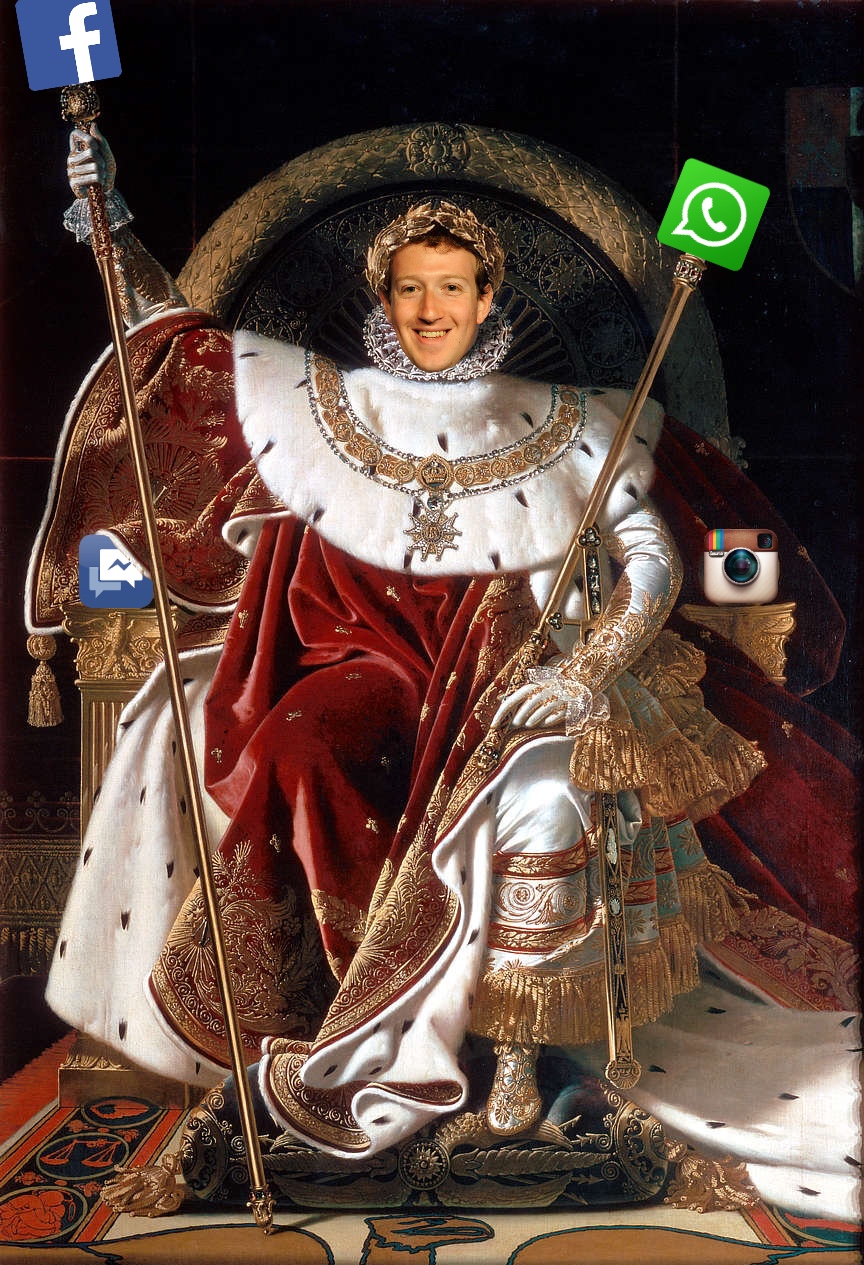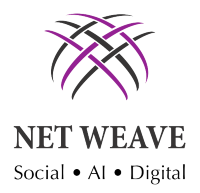 A few years ago, we got the news from Facebook that if you wanted to continue using private messages via inbox, on mobile, you had to download a separate app. This threw many users into a tizzy (as Facebook changes tend to do), and there was significant pushback from people who simply didn’t want to separate a main Facebook feature into another dedicated app. It seems silly, but when it comes to tech adaption, this is actually more common than you think. We comfort ourselves with what we are used to, especially in the world of fast-moving communication. In the US, that’s texting for messages (SMS), Facebook for browsing, sharing, and commenting, and Facebook’s inbox feature for private messages with Facebook friends. Well, that’s all changing, thanks to Messenger.
A few years ago, we got the news from Facebook that if you wanted to continue using private messages via inbox, on mobile, you had to download a separate app. This threw many users into a tizzy (as Facebook changes tend to do), and there was significant pushback from people who simply didn’t want to separate a main Facebook feature into another dedicated app. It seems silly, but when it comes to tech adaption, this is actually more common than you think. We comfort ourselves with what we are used to, especially in the world of fast-moving communication. In the US, that’s texting for messages (SMS), Facebook for browsing, sharing, and commenting, and Facebook’s inbox feature for private messages with Facebook friends. Well, that’s all changing, thanks to Messenger.
What is Facebook Messenger, and how is it different than my inbox on the platform?
Well, to put it simply, it’s not too much different than your inbox as far as functions go. However, it’s how Facebook wants to integrate it to your phone, contacts, and texting preferences that set it apart. Facebook has had this in the works for years. Mobile use of the platform has already surpassed desktop use, which means that one of the principle things you do on your phone is check Facebook. What’s the other principle thing you do on your phone? For most people, it’s sending SMS/MMS text messages through their mobile carrier service. So, Facebook decided to combine the two, in an attempt to push you towards more Facebook products.
In essence, the company wants you to always be using a Facebook tool while on mobile. Between the Facebook app, Instagram, Messenger, and WhatsApp (Facebook’s $19 billion 3rd-party messenger app purchase), it looks like they’re well on their way to doing so.
Why diversifying Messenger, and messaging beyond Facebook contacts is literally changing the way you communicate
Everyone’s on Facebook, right? Well, not exactly. However, enough people that you want to communicate with are, especially in your personal life. Some of these people, understandably, don’t want to be scrolling through their newsfeed all day though. Facebook Messenger gives users the opportunity to communicate with their friends, via voice call, voice note, text, video, and photo sharing. In essence, it’s what your MMS service does, but with your Facebook contact list. Want to communicate outside of your Facebook contact list; let’s say to business contacts, or people you don’t know well enough to connect to on the social network? No problem. Facebook is also the owner of the world’s most used P2P messaging system, WhatsApp.
What’s up with WhatsApp, and why haven’t I used it yet?
Simply put, the reason why most Americans haven’t used WhatsApp yet is that they don’t need to (yet). WhatsApp and Facebook Messenger have the same features. In fact, SMS/MMS carrier messaging does the same thing. So, why did Facebook invest so much into both (Messenger/WhatsApp)? The answer lies in how telecommunication companies sell you services. The idea of having cell service to make a call is, believe it or not, rather antiquated. It’s also expensive for many mobile users, especially in developing countries and markets. When we go on our phones (and honestly, why even call them phones at this point?), what we use the most is internet data services.
In the world of mobile phones, data is king
From the telecoms’ perspective, though, there’s a huge problem with this. Much like cable companies, telecoms make the most money with bundled service packages. They sell you these bundled service packages by enticing you with cheap phones, tethered to multi-year contracts that include phone calls, SMS/MMS texting, and mobile data. Would you pay $1,400 for an iPhone 7? Doubt it. Well, that’s what most of the world pays, because that’s the actual cost. In markets where the average monthly income tops out in the mid 3-digit range, and 70% of the population doesn’t have a bank account, it’s unsustainable to have a mobile market where bundled packages are the norm, and new phones are subsidized by them.
The best, and most profitable global telecom model is one that provides high-speed data, at a low cost, that functions efficiently with data-driven messaging apps. If people have access to free apps that let them communicate with anyone in the world, it’s the access to data that those apps need that’s going to sell; not the access to communication. You still following?
The data messaging model that Facebook is using to crush our old ideas of how to communicate on a smartphone
Facebook wants you to scrap the entire idea of a telephone when you pick up your mobile device. Essentially, it’s trying to change the culture of how we communicate (and it’s working). If you have a good speed of internet access on your mobile, Facebook products can take care of the rest. Want to talk to grandma? Facebook messenger has her contact, and you can video call her right away. Want to see what grandma’s doing? Go to her Facebook page, like, share, comment, etc. Want to set up a meeting, order pizza, or give travel tips to a friend of a friend? Use WhatsApp, a messaging platform based on phone contacts, not Facebook contacts. The point is, regardless of the avenue you’re taking, you’re using a Facebook product to get there. And that, friends, is a scary idea for telecoms that have spent the greater part of the last 20 years bundling expensive packages.
In order for major telecoms to adapt to this trend, they’ll need to start diversifying how they a) sell phone services, and b) sell phones. Imagine buying your hardware at retail cost (expensive, right?), and then only paying $10-$20 each month for access to literally everything you already do on your mobile device. That’s a reality for most of the world, and Facebook is at the forefront of advancing it. The culture of following a business model is holding us back a bit when it comes to adaption. However, that business model is on track to disappear. How will you adapt to follow it?
